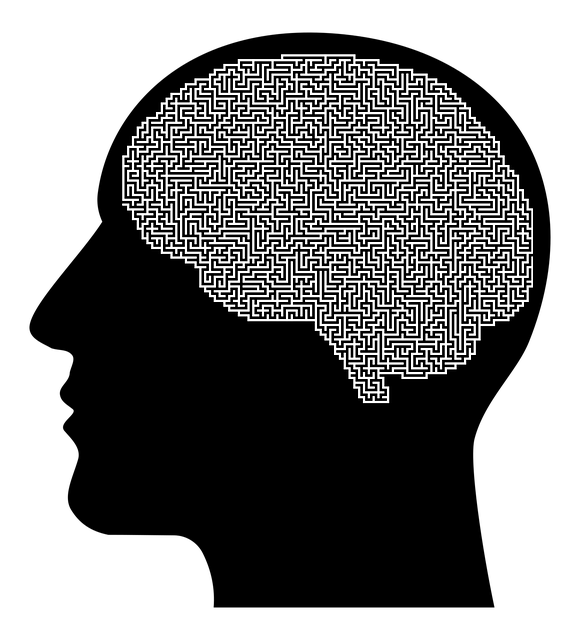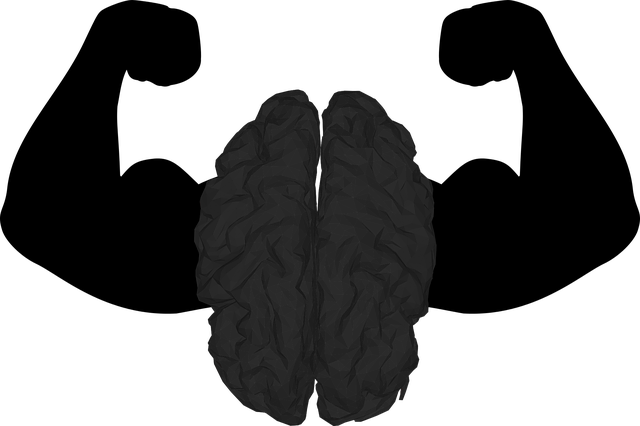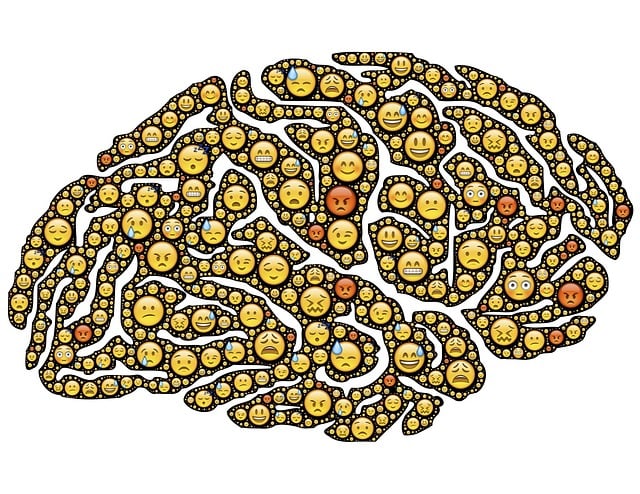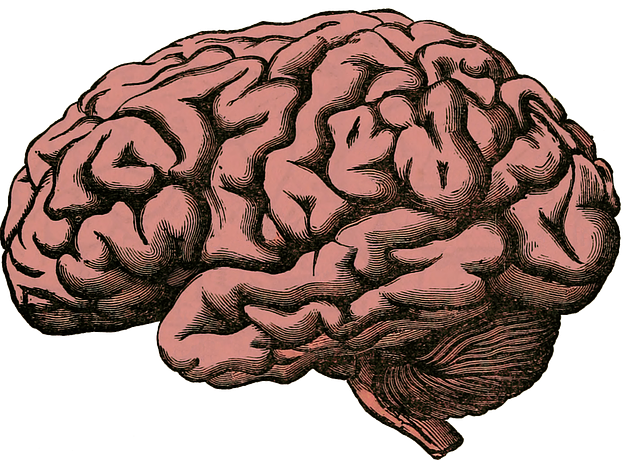In today's world, mental wellness is a growing concern, with issues like eating disorders and burnout on the rise. Traditional therapy often falls short, making Mental Wellness Coaching Programs an innovative solution. These programs focus on emotional intelligence development, early prevention, and personalized guidance to address eating disorders in children effectively. By integrating evidence-based techniques, cultural sensitivity, and resilience-building activities, coaches create safe spaces for self-reflection and symptom management. Success is measured through tangible improvements like meal participation and reduced anxiety, ensuring long-term positive change in therapy for Children Eating Disorders.
Mental wellness coaching programs are gaining traction as innovative solutions for promoting holistic well-being. This article explores the development and impact of such programs, focusing on a unique approach targeting children with eating disorders. We delve into effective coaching strategies tailored for young minds, emphasizing evidence-based techniques. Additionally, we discuss measuring success and ensuring long-term benefits, highlighting the potential of mental wellness coaching as an alternative to traditional therapy for Children Eating Disorders.
- Understanding the Need for Mental Wellness Coaching Programs
- Targeting Children with Eating Disorders: A Unique Approach
- Designing Effective Coaching Strategies for Young Minds
- Incorporating Evidence-Based Techniques in Coaching
- Measuring Success and Ensuring Long-Term Impact
Understanding the Need for Mental Wellness Coaching Programs

In today’s fast-paced world, mental wellness is more crucial than ever, especially as we recognize the growing impact of issues like eating disorders among children and burnout in healthcare providers. Traditional therapy methods often fall short when addressing these complex concerns, highlighting a pressing need for innovative approaches such as Mental Wellness Coaching Programs. These programs aim to fill gaps left by conventional therapy, particularly in areas like emotional intelligence development, which is key to fostering resilience against mental health challenges.
By integrating coaching methodologies, these programs offer personalized guidance and support tailored to individual needs. This approach is especially beneficial for young people struggling with eating disorders, as it provides a non-confrontational space for them to navigate their feelings and behaviors. Moreover, with a focus on burnout prevention strategies, Mental Wellness Coaching Programs empower healthcare providers to maintain emotional balance while delivering quality care.
Targeting Children with Eating Disorders: A Unique Approach

In recent years, there’s been a growing recognition of the need for targeted interventions in childhood eating disorders, a shift that has led to the development of specialized mental wellness coaching programs. These programs take a unique approach by focusing on early prevention and treatment, aiming to empower young individuals before these disorders have a chance to deeply root. By integrating evidence-based strategies such as mindfulness meditation and social skills training into therapeutic sessions, coaches create a safe space for children to explore their relationship with food and body image.
This proactive method not only addresses the symptoms of eating disorders but also fosters cultural competency among healthcare providers. Training in this area ensures that professionals are equipped to understand and meet the diverse needs of children from various backgrounds. This holistic approach, combining therapeutic techniques with cultural sensitivity, paves the way for more effective therapy for children struggling with eating disorders, ultimately promoting their mental wellness.
Designing Effective Coaching Strategies for Young Minds

Designing coaching strategies for young minds requires a delicate balance between engagement and support. Mental wellness coaches play a pivotal role in helping adolescents navigate their emotional landscapes, especially those dealing with eating disorders. Incorporating therapeutic techniques such as mindfulness meditation can create a safe space for self-reflection and emotional regulation. This approach not only aids in managing symptoms but also fosters resilience, enabling young individuals to cope with stress and challenges more effectively.
In addition to mindfulness, mental wellness coaching programs can benefit from structured journaling exercises. Encouraging adolescents to reflect on their thoughts, feelings, and behaviors in a journal provides them with a tool for self-awareness and personal growth. By guiding them through specific prompts tailored to address eating disorders, coaches can offer valuable support outside of traditional therapy sessions. Resilience building is another key component; coaches can design activities that challenge individuals to step out of their comfort zones, promoting adaptability and a positive mindset.
Incorporating Evidence-Based Techniques in Coaching

Incorporating evidence-based techniques is a cornerstone of effective mental wellness coaching programs. By integrating approaches such as cognitive-behavioral therapy (CBT), dialectical behavior therapy (DBT), and mindfulness practices, coaches can empower individuals to navigate challenges with greater resilience. These techniques have been extensively studied and proven to be particularly beneficial in treating conditions like anxiety, depression, and even children’s eating disorders, fostering both emotional healing processes and confidence-boosting strategies.
Mental wellness coaching that leverages such evidence-based methods helps to create a structured yet flexible framework for personal growth. Coaches work collaboratively with clients to identify specific goals, develop tailored action plans, and provide ongoing support. This approach not only enhances mental health awareness but also equips individuals with the tools necessary to maintain long-term well-being, even in the face of adversity.
Measuring Success and Ensuring Long-Term Impact

Measuring success in mental wellness coaching programs is a multifaceted process. It goes beyond simple client satisfaction surveys to include tangible improvements in daily functioning and emotional resilience. For instance, in the context of therapy for children with eating disorders, tracking progress could involve assessing changes in meal participation, reduction in anxiety around food, and improved body image. These metrics not only gauge immediate outcomes but also lay the foundation for long-term impact.
Ensuring sustainability is crucial; therefore, programs should integrate self-care practices, mood management techniques, and empathy building strategies that empower individuals to maintain their mental wellness independently. By teaching clients these skills, coaches facilitate a shift from dependency to autonomy, enabling them to navigate challenges effectively. This holistic approach ensures that the benefits of coaching extend far beyond the duration of the program, fostering lasting positive change.
Mental wellness coaching programs are a promising approach to supporting young individuals, particularly those struggling with eating disorders. By targeting children early and employing evidence-based techniques, these programs can foster resilience and long-term mental health. Incorporating effective strategies tailored to young minds ensures that coaching remains engaging and impactful. As the field advances, continuing research and collaboration between professionals will be vital to measure success and improve outcomes for those seeking therapy for children with eating disorders.










